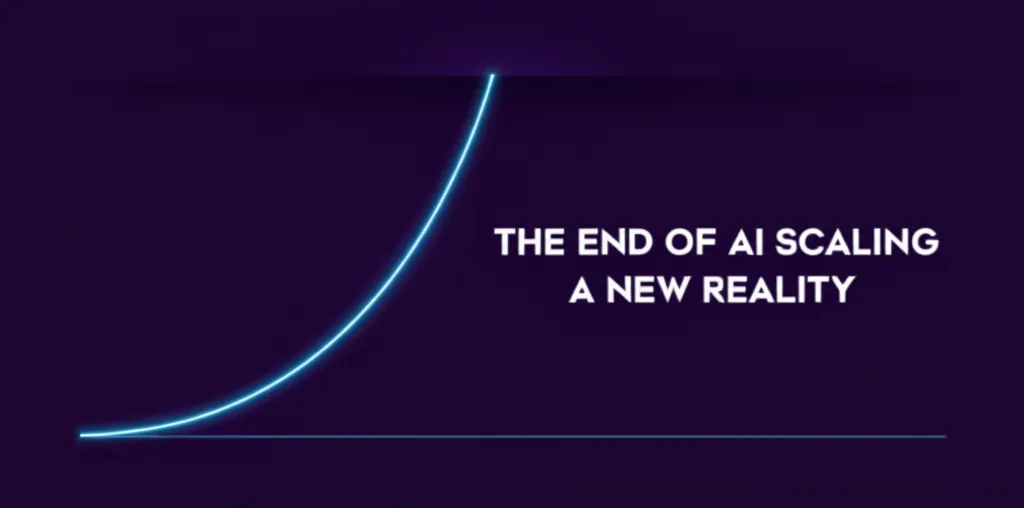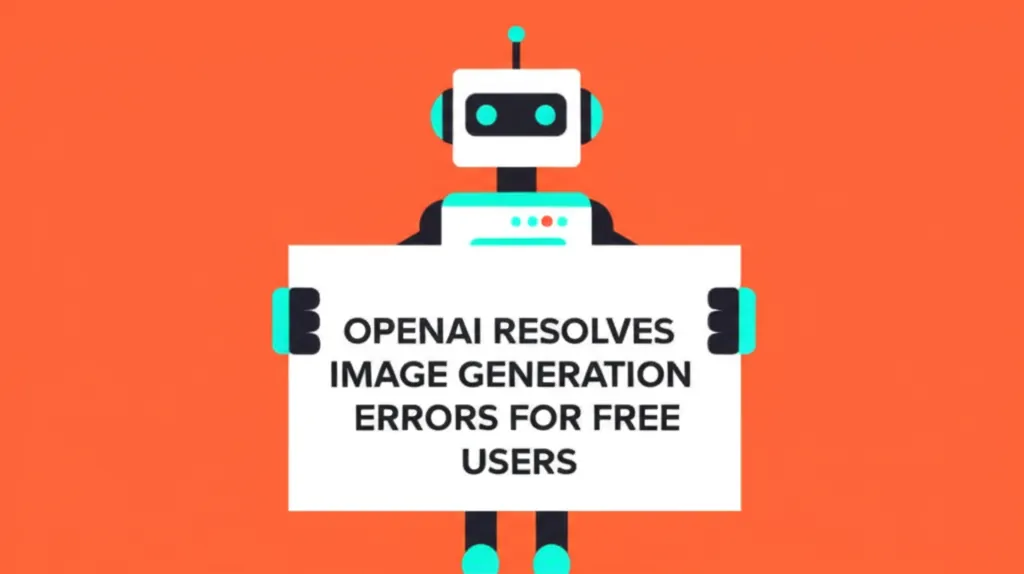Developer Offer
Try ImaginePro API with 50 Free Credits
Build and ship AI-powered visuals with Midjourney, Flux, and more — free credits refresh every month.
The AI Land Grab Inside The US Government
Ever since the rise of generative AI, technology companies have been exploring numerous avenues to embed their technologies within the government. A key part of this new race involves capturing government users by offering their products at exceptionally low prices.
The One Dollar Race for a Foothold
In a clear sign of escalating competition, both OpenAI and Anthropic recently unveiled special pricing for government-specific versions of their flagship chatbots, ChatGPT and Claude. Within the last week, both companies began offering federal agencies access to their platforms for a nominal fee of just $1 for the first year. This aggressive push also saw xAI announce its own Grok for Government offering in mid-July.
The competition appears fierce, with Anthropic seemingly trying to gain an edge on OpenAI’s announcement. While OpenAI's low introductory price is for the executive branch, Anthropic has stated its special price for Claude is available to all three branches of the US government.
A Tried and True Enterprise Playbook
Securing government clients is a major prize for any tech company, offering access to large, stable user bases and significant revenue streams. The US government alone reports spending over $100 billion annually on IT and cyber-related investments. The $1 price tag is a classic strategy from the enterprise software playbook, famously used by companies like Slack. The goal is to get as many users on the platform as possible, making the service so indispensable that organizations have no choice but to continue paying for it, eventually at a much higher price.
This strategy is already bearing fruit. Top players like Anthropic, OpenAI, Google, and xAI have each secured defense contracts potentially worth up to $200 million to help modernize the US Defense Department. By offering their products for nearly free at the outset, OpenAI or Anthropic could secure a decisive advantage as they compete for influence in other government sectors.
Beyond Contracts The Soft Power Play
As the government grapples with the complexities of AI regulation, there's another potential benefit to this strategy: soft power. By making government workers familiar with and dependent on their services, these companies might foster an environment where officials are less inclined to support regulations that could hinder their operations.
In its announcement, OpenAI explicitly framed its offer as a fulfillment of a key goal in the Trump Administration’s AI Action Plan. The company claimed its tools would empower federal workers to reduce time spent on bureaucracy and focus on their primary mission: serving the American public.
Compare Plans & Pricing
Find the plan that matches your workload and unlock full access to ImaginePro.
| Plan | Price | Highlights |
|---|---|---|
| Standard | $8 / month |
|
| Premium | $20 / month |
|
Need custom terms? Talk to us to tailor credits, rate limits, or deployment options.
View All Pricing Details

